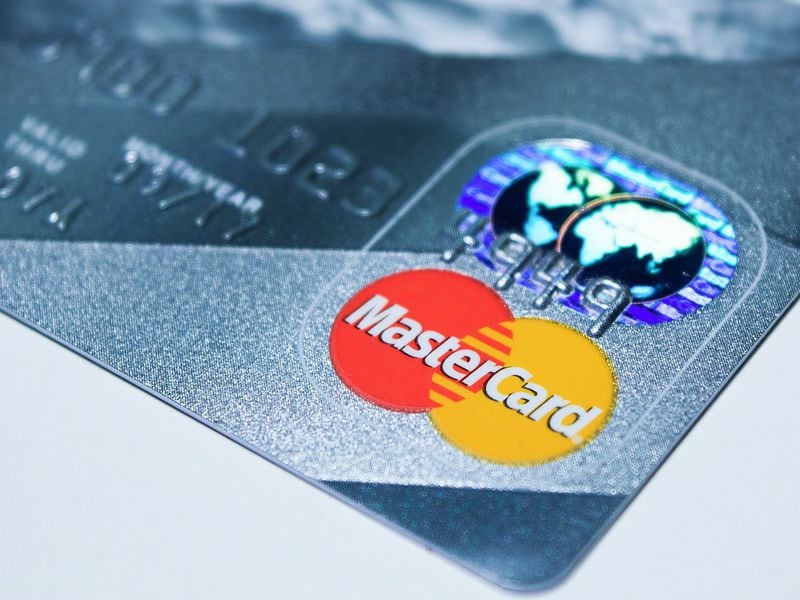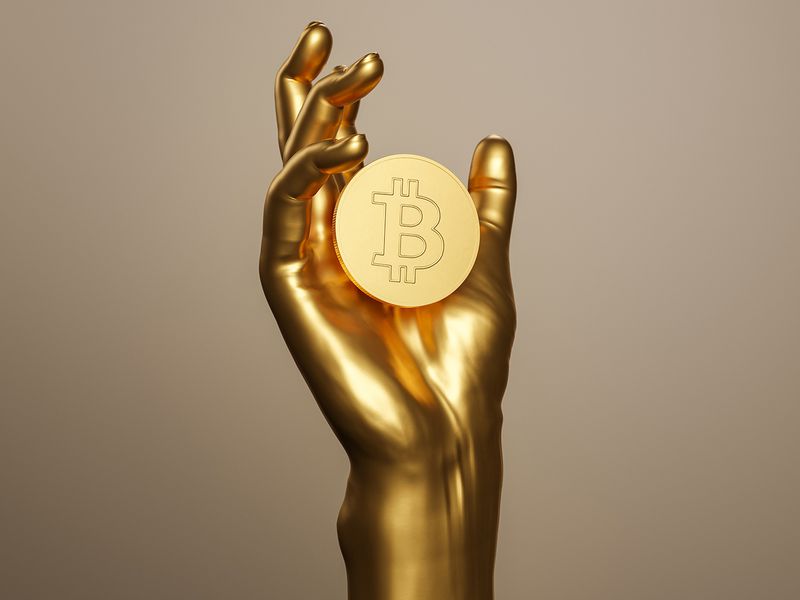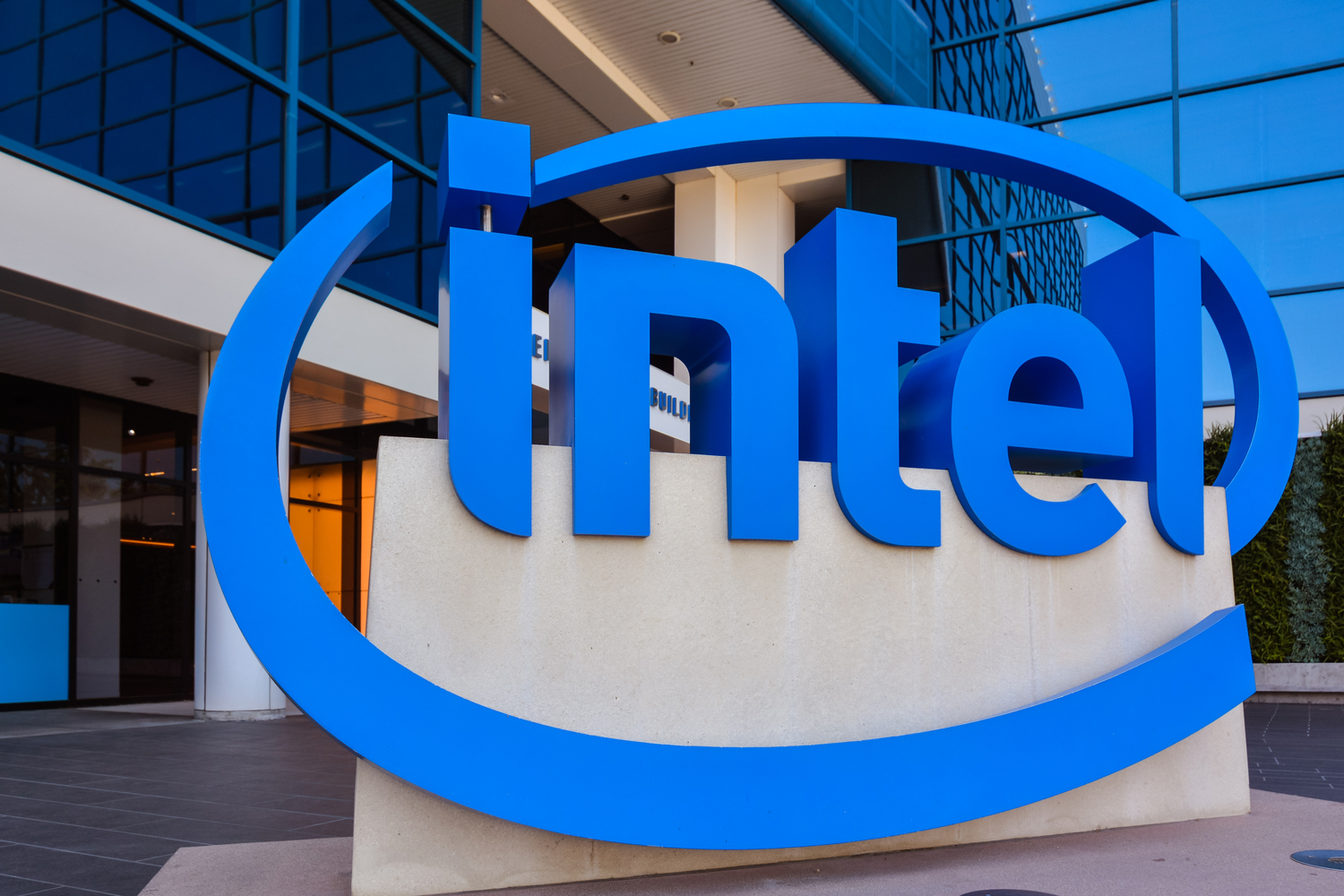South Korea’s Crypto Ecosystem Shakes Off Terra Debacle, With Gaming Dominating Web3 Activity
“Keep building” was the general vibe of last week’s Korea Blockchain Week (KBW) event – a complete 180-degree turn from last year’s comparatively flashier show. Homegrown gaming upstarts dominated the venue, pitching gambling, racing, metaverse and arcade apps built on networks, such as Ethereum, Solana, Cosmos and others.
There were little whispers of Terra, the Do Kwon-run blockchain with a large Korean fanbase whose tokens ran up to a nearly $40 billion market capitalization before spectacularly imploding. Some opined the industry took a while to dust off Kwon’s hubris, but was slowly gaining user trust again.
“From the discussions I had with the major ecosystem players, it did have a huge impact that forever changed the Korean [decentralized finance, or DeFi] ecosystem for institutions,” Hoon Kim, the chief technology officer at blockchain project Astar, told CoinDesk. “It made it harder for the retail investors to look at domestic projects, and companies started to look at all of their options with a critical lens.”
“But I would also say that this is a net positive as institutions and corporations are more into real-life use cases with different innovations. So DeFi or anything that relies on the market condition has too much risk for businesses,” Kim added.
However, Terra continued to remain a touchy topic for locals. Some expressed they felt betrayed and expected better from Kwon, a Korean national.
As such, Korean banks are gradually dipping their toes in the market. Onstage on Tuesday, BitGo, a crypto custodian based in California, said it had signed a strategic business agreement with South Korean commercial bank Hana Bank.
The deal covers security solutions, tech tie-ups, and a possible joint venture. BitGo will also assist Hana Bank in the development of custody services in the second half of 2024, as reported.
Local developers and salespeople told CoinDesk that trading activity is picking up on local exchanges, fuelling the attention of traditional businesses.
“The industry is fighting strong scrutiny due to Terra’s fiasco. But there’s still a good amount of trading going on,” said Jen Kim, chief operating officer of NFTBank. “Upbit, in fact, has seen an increase in the trading volume recently. So, Korea still has the potential to play a meaningful role in driving the market up again.”
In July, a favorable court case involving Ripple Labs pushed up prices of the closely -related XRP tokens – with local exchange UpBit clocking $2.5 billion in volumes over a 24-hour period.
On the application side, publicly traded Korean game publisher Neowiz said it planned to build games on the Avalanche blockchain via its Web3 arm IntellaX. A key reason was cited as Korea having an appetite for esports and blockchain games, with a large fanbase for various gaming cultures and huge consumer interest.
Gaming Needs an ‘ETF’ Moment
However, even as blockchain-based gaming remained a huge theme throughout the event, few developers were a contrarian voice as to why the sector could be slightly overhyped.
“I wouldn’t say blockchain gaming or NFTs are an immense interest in terms of the users,” said Astar’s Kim. “Users are looking more into new experiences, and businesses are starting to lose competition in the traditional market as the entire industry is being saturated.”
The sector itself is struggling to find a smash hit, as many of the most popular blockchain games only have a few hundred to a thousand users – a fraction of what third-tier traditional games on platforms like Steam count.
“So, for companies to stay competitive, they are incentivized to deliver something new for a different generation, and it just happens to be that blockchain technology is the best thing for leveraging the network effect that the young generations seek,” Kim added.
South Korea Still Isn’t a Hub
A final takeaway from the show is that it’s still very much a Korea Blockchain Week, not a pan-Asia or international event such as the ongoing Token 2049 conference in Singapore.
Local companies dominated the trade show floor and advertising. An expectation, considering that Korea is a large economy with a strong domestic crypto industry.
But crypto is an international business; there’s just one market. In the world of traditional finance, one might see traders with a specialty in investing in the financial markets of emerging nations, and with that an industry of supporting infrastructure.
Crypto doesn’t have this same analogy. There’s no equivalent to the African bond market or South-East Asia equities market. There’s just one crypto market.
So a focus on localization is a sacrifice of liquidity. The more regionalized a crypto product is, save for exchanges that need to specialize in licensing and fiat onramps, the bigger the chance of it becoming abandoned or vapourware.
At last month’s IVS crypto conference in Kyoto, there were plenty of gaming and NFT projects looking to capitalize on all-things Japan but on-chain data suggests that lots of these are crashing back down to earth after launch.
Just think: how many of these projects are actually registered in Korea, and how many call Singapore home?
Edited by Parikshit Mishra.









